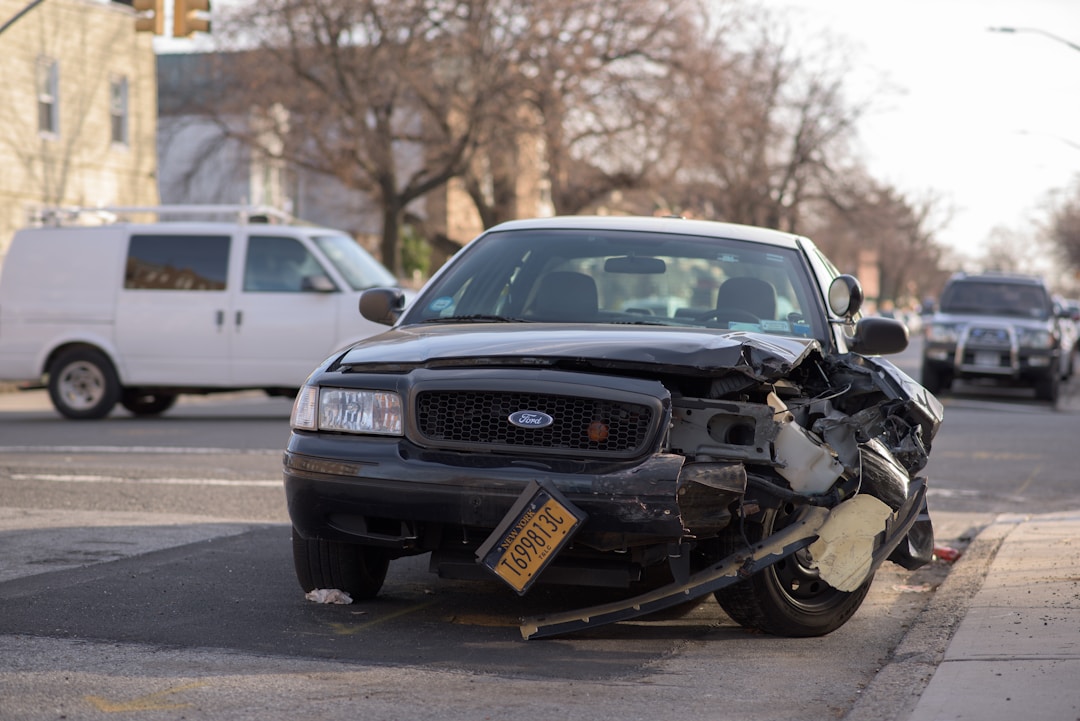Personal Injury Claims in Illinois: Steps To Take After an Accident
Experiencing an accident can be a life-altering event, particularly if it results in injury. Dealing with the aftermath of such incidents involves many important steps. These steps protect your legal rights and potential for compensation. In Illinois, accident claims are governed by laws that specify how a claim should be filed and what compensation you can get. Below, we’ll walk you through the essential steps to take following an accident in Illinois.
Understanding Personal Injury Claims in Illinois
Personal injury law in Illinois encompasses any harm suffered by an individual due to another party’s negligence or wrongdoing. Understanding the nature of your claim is the first step in the path toward compensation.
Before pursuing a case, you should understand the comparative negligence rule in Illinois. This rule can determine how much compensation you can receive based on your percentage of fault in the accident. Additionally, Illinois has specific laws on the most damages one can recover. The amount can vary by injury type and circumstances.
The difference between economic and non-economic damages is another key concept. Economic damages cover quantifiable losses such as medical bills and lost wages. In contrast, non-economic damages include pain and suffering, disfigurement, and loss of normal life. Proving these damages in court requires a detailed presentation for which you may need the assistance of a lawyer.
You should look for a lawyer with a track record of success in such cases. A reputable law firm in Illinois should be able to provide insight into their experience, approach to cases, and past accomplishments. This will give you confidence in their ability to handle your claim.
Immediate Actions to Take After an Accident

Immediately following an accident, you need to prioritize your safety and health. If you’re able, move to a safe location and assess if medical attention is necessary. Calling 911 brings help to the scene ensuring you and others get proper care and creates an official report. The report becomes crucial evidence later.
Once you’re out of immediate danger, document the accident scene as thoroughly as possible. Capture the surroundings, the damages, and any factors that might have caused the accident. Such documentation will offer a tangible record of the conditions that led to your injury.
Gathering Evidence for Your Case

After the accident, gathering evidence is key as it will support your injury claim. This phase involves collecting all relevant information, from medical records and bills to proof of income loss due to the injury. Acquiring these documents as soon as possible ensures they accurately reflect the impact the injury has had on your life.
Don’t overlook the potential digital footprint of the accident. Check for any surveillance footage that might have captured the event. If available, gather electronic communication records that might serve as evidence. Your attorney can assist in procuring these pieces of evidence and advising on their relevance to your claim.
Consult with healthcare professionals, not only for treatment but also for their expert opinions. Medical assessments can project the long-term impact of injuries and the treatments they need. These expert opinions often hold significant weight during negotiations or in a court of law.
Filing a Claim
To navigate the Illinois legal system, start by filing your injury claim in the right court. It requires following procedures, including meeting filing deadlines set by the statute of limitations. Missing these critical deadlines can jeopardize the entire case.
If the case goes to trial, it’s a juridical process that requires strong legal arguments and evidence presentation. During the trial, both sides will have the opportunity to present their cases, after which a judge or jury will render a verdict. This stage underlines the significance of having an experienced legal advocate to represent your interests effectively.
Overall, it takes careful preparation and legal help to file your injury claim. By understanding the system, keeping evidence, and working with a skilled personal injury attorney, you can pursue the compensation you’re owed.